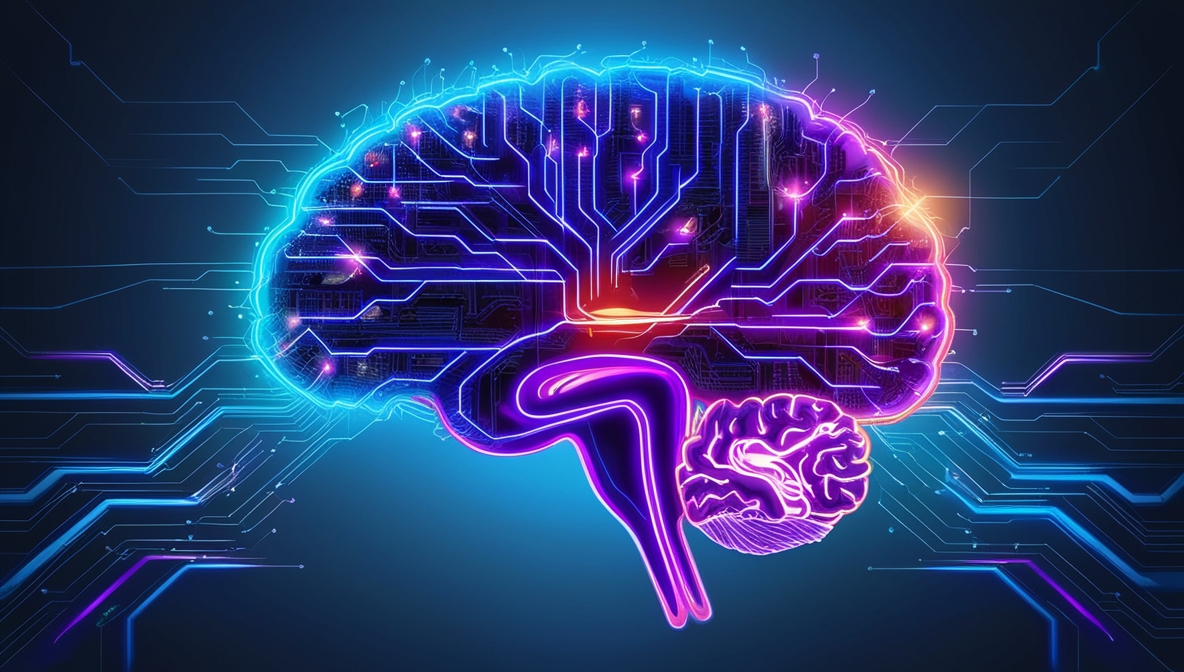AI & Neuroenhancement: Ethical Challenges and Strategies
Abstract
Neuroenhancement, which involves non-medical interventions in the nervous system to improve physical, mental, and cognitive functions, brings benefits while also raising ethical risks related to privacy, justice, autonomy, and identity recognition with "artificial life". In the face of these serious ethical challenges, it is urgent to propose countermeasures, namely respecting and safeguarding basic human rights, promoting fair benefits with the priority principle, regulating the dissemination of information on neuroenhancement, strengthening public education on the ethics of neuroenhancement technology, and promoting responsible innovation. Conducting ethical education for professionals in the field of neurotechnology is expected to promote the healthy development of the neuroscience field.
